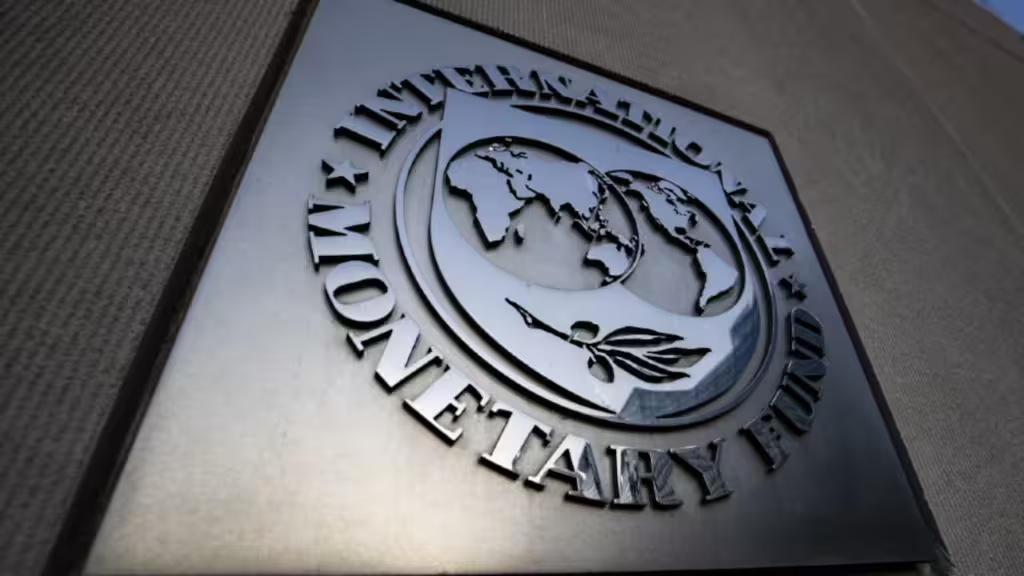
The International Monetary Fund (IMF) has warned that world debt will exceed US$100 trillion by the end of 2024, noting that global public debt levels are at historic highs. This figure represents an alarm for international financial organizations, as debt will continue to increase over the medium term, posing a significant challenge to the global economy.
This increase is driven by both public and private debt accumulation, due to factors such as high fiscal spending in response to recent global crises and economic slowdowns in various regions.

According to the IMF, the projections indicate that, in an extremely adverse scenario, world debt could reach an even more worrying level, reaching around 115% of global Gross Domestic Product (GDP) within three years. This would be an increase of approximately 20 percentage points over the baseline projection, highlighting the vulnerability of many economies to potential financial crises. This adverse scenario could have serious repercussions on economic stability, as countries would face greater pressure to meet their financial obligations.
To prevent debt from continuing to grow at these alarming levels, the IMF emphasizes the need for more significant fiscal adjustments than initially envisaged. Fiscal adjustments will be essential to reduce the pace of debt accumulation and stabilize public finances in the long term. Without such adjustments, debt could become unsustainable, increasing the risks of debt crises in several economies, especially those with weaker fiscal fundamentals.

The IMF also stresses the importance of replenishing fiscal reserves in the coming years, warning that any delay in this task will be costly for global economies. Recovering fiscal buffers will give governments room to maneuver in the face of future crises without excessive reliance on borrowing. This strengthening of fiscal buffers will contribute to economic resilience and allow countries to better manage the effects of economic or financial shocks.
In addition to fiscal adjustments, the IMF recommends strengthening fiscal governance as a key measure to ensure the sustainability of public finances. This includes implementing growth-enhancing fiscal policies and improving the management of public resources to maximize their impact. Robust, growth-oriented fiscal governance will contribute to financial stability, allowing governments to address debt challenges without jeopardizing their countries’ economic recovery and development.







